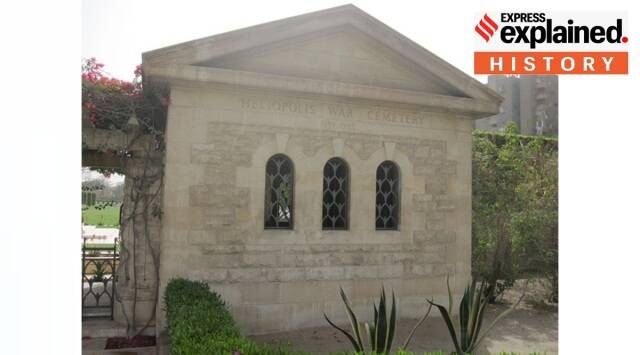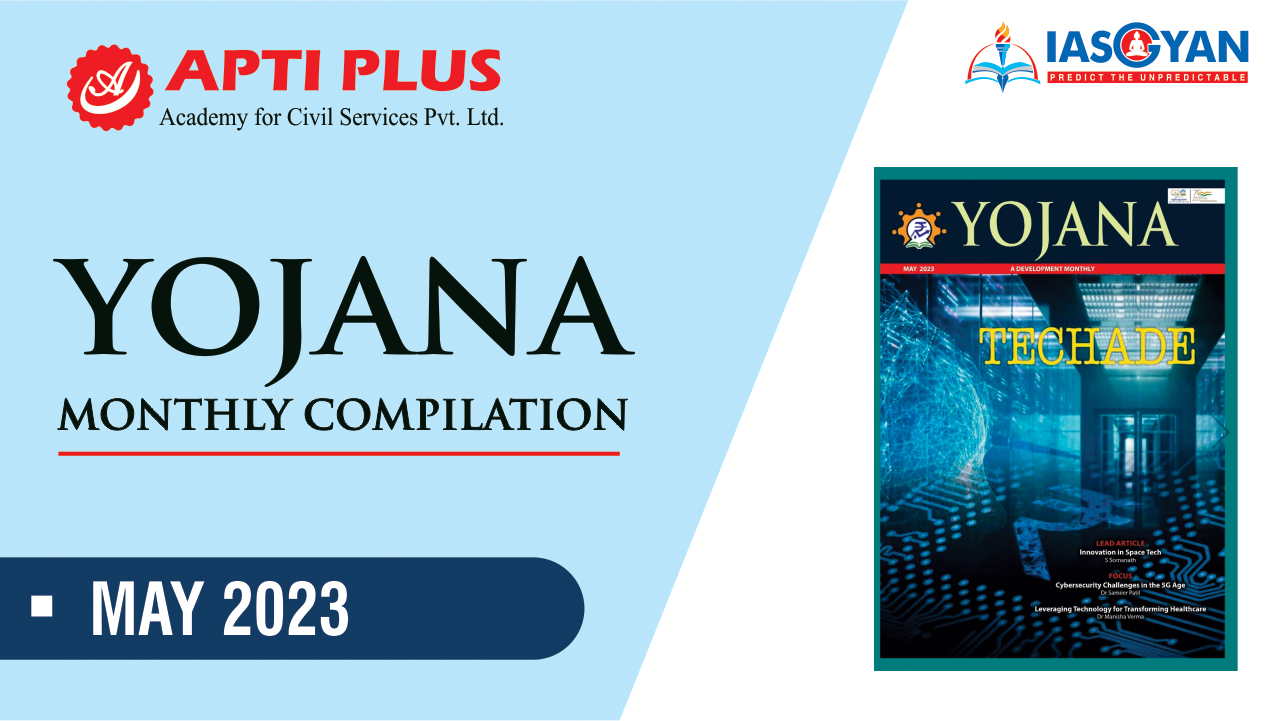Description

Disclaimer: Copyright infringement not intended.
Context
- Prime Minister Narendra Modi's visit to the Heliopolis (Port Tewfik) Memorial in the Heliopolis War Cemetery in Cairo, Egypt.
Details
Heliopolis Memorial
- The memorial commemorates 3,727 Indian soldiers who fought in Egypt and Palestine during World War 1.
- The original Port Tewfik memorial, unveiled in 1926, was destroyed in the Israeli-Egyptian War of 1967.
- The new memorial at Heliopolis Commonwealth War Grave Cemetery, erected in 1980, includes the names of Indian casualties.
Role of the Indian Army in West Asia during World War 1
- Indian troops played a major role in West Asia, particularly in securing the Suez Canal in Egypt.
- Indian cavalry participated in the Battle of Haifa in Palestine.
- Indian soldiers were also involved in the conflict in Mesopotamia.
Indian Regiments Commemorated at the War Memorial
- The memorial represents numerous Indian regiments from the Indian Army and State Forces of the princely states.
- Regiments listed include the 42nd Deoli Regiment, 58th Vaughan's Rifles (Frontier Force), 2nd Battalion, 3rd Queen Alexandra's Own Gurkha Rifles, 51st Sikhs (Frontier Force), 1st Battalion 50th Kumaon Rifles, Jodhpur (Imperial Service) Lancers, 3rd Sappers and Miners, among others.
Prominent Indian Soldier Commemorated
- Risaldar Badlu Singh, belonging to the 14th (Murray's) Jat Lancers, was posthumously awarded the Victoria Cross.
- Risaldar Badlu Singh demonstrated exceptional bravery and self-sacrifice during a charge on an enemy position.
- He died fighting on September 13, 1918, and his citation for the Victoria Cross highlights his valor and initiative.

About Egypt
- Located in North Africa, Egypt is a transcontinental country spanning the northeast corner of Africa and the southwest corner of Asia.
- It is known for its ancient civilization, including the iconic pyramids, pharaohs, and the Nile River.
- Egypt has a rich cultural heritage, with influences from Arab, African, and Mediterranean civilizations.
Political Landscape
- Egypt is a republic with a semi-presidential system.
- The current political system has evolved since the Arab Spring protests in 2011, which led to the ousting of President Hosni Mubarak.
- President Abdel Fattah el-Sisi has been in power since 2014, following his election.
Economy and Trade
- Egypt has a diverse economy with sectors such as agriculture, industry, tourism, and services contributing to its GDP.
- The Suez Canal, a vital waterway connecting the Mediterranean Sea to the Red Sea, is a significant source of revenue for Egypt.
- The country has pursued economic reforms to attract foreign investment and boost economic growth.
Regional Importance
- Egypt plays a crucial role in the Middle East and North Africa region, both politically and economically.
- It has been involved in regional conflicts and has often acted as a mediator in disputes, aiming for stability and peace.
- Egypt's strategic location and military capabilities make it an important player in regional security.

Indian Soldiers Fighting in Egypt Wars
World War I
- During World War I, Indian soldiers, serving under the British Indian Army, were deployed to fight in the Middle East, including Egypt.
- The Indian Expeditionary Force "D" was sent to Egypt in 1914 to support the British Empire's efforts against the Ottoman Empire.
- Indian troops played a significant role in the defense of the Suez Canal and participated in battles such as the Battle of Magdhaba and the Battle of Rafa.
World War II
- In World War II, Indian soldiers once again fought in Egypt as part of the Allied forces.
- The Indian Army's contribution was vital in the North African campaign against Axis powers led by Germany and Italy.
- Indian soldiers participated in the famous Battle of El Alamein in 1942, which was a turning point in the war.
- They fought alongside British, Australian, and New Zealand forces, playing a crucial role in the victory over Axis forces in Egypt.
Sinai-Suez Crisis (1956)
- During the Sinai-Suez Crisis, India played a significant role in peacekeeping efforts in Egypt.
- Indian troops were part of the United Nations Emergency Force (UNEF) deployed in the Sinai Peninsula to maintain peace after the Suez Canal crisis.
- India contributed troops, medical units, and support personnel, demonstrating its commitment to international peace and security.
Yom Kippur War (1973)
- In the Yom Kippur War, also known as the October War, India supported Egypt by sending a medical contingent.
- Indian medical teams provided crucial assistance to Egypt, treating wounded soldiers and civilians during the conflict.
United Nations Peacekeeping Missions
- Indian soldiers have been part of several United Nations peacekeeping missions in Egypt.
- They have served in various capacities, including maintaining peace, observing ceasefires, and providing humanitarian aid.
- These missions aim to support stability and peace in the region, including the Sinai Peninsula.
|
PRACTICE QUESTION
Q) Which of the following statements about the Heliopolis Memorial is true?
A) The Heliopolis War Memorial is located in Egypt's capital city, Cairo.
B) The Heliopolis Memorial is a tribute to the soldiers who fought in World War II.
C) The Heliopolis Memorial is dedicated to the Indian soldiers who sacrificed their lives in Egypt during World War I.
D) The Heliopolis Memorial is a famous archaeological site in Egypt.
Answer: C
|
https://indianexpress.com/article/explained/explained-global/pm-modi-egypt-heliopolis-memorial-history-8682314/












